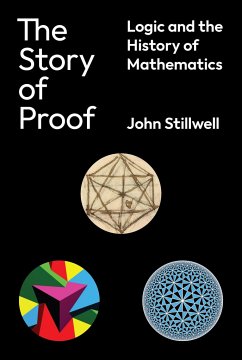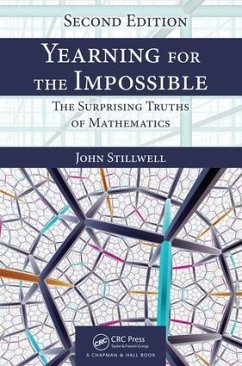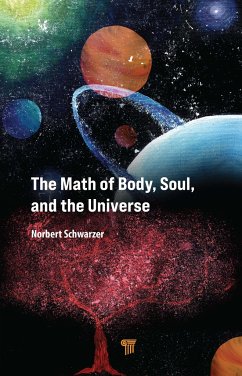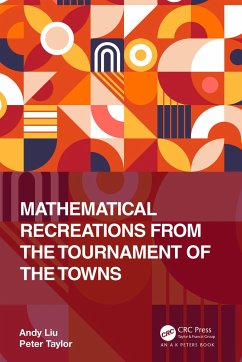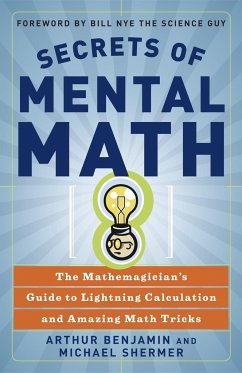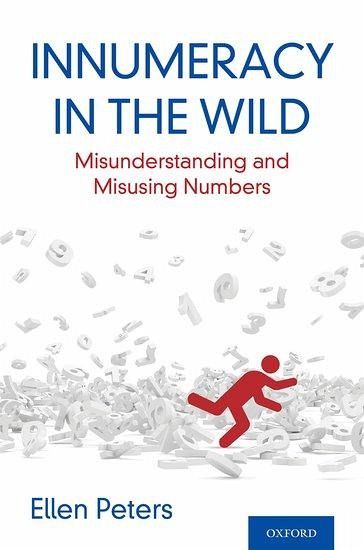
Innumeracy in the Wild
Misunderstanding and Misusing Numbers
Versandkostenfrei!
Versandfertig in 1-2 Wochen
56,99 €
inkl. MwSt.
Weitere Ausgaben:

PAYBACK Punkte
28 °P sammeln!
Our grasp of numbers and uncertainty is one of humankind's most distinctive and important traits. It is pivotal to our exceptional ability to control the world around us as we make short-term choices and forecast far into the future. But very smart people can struggle with numbers in ways that pose negative consequences for their decision making. Numeric ability equips individuals with vital tools that allow them to take charge of various aspects of their life. The more numerate enjoy superior health, wealth, and employment outcomes, while the innumerate remain more vulnerable. This book prese...
Our grasp of numbers and uncertainty is one of humankind's most distinctive and important traits. It is pivotal to our exceptional ability to control the world around us as we make short-term choices and forecast far into the future. But very smart people can struggle with numbers in ways that pose negative consequences for their decision making. Numeric ability equips individuals with vital tools that allow them to take charge of various aspects of their life. The more numerate enjoy superior health, wealth, and employment outcomes, while the innumerate remain more vulnerable. This book presents the logic, rules, and habits that highly numerate people use in decision making. Innumeracy in the Wild also introduces two additional ways of knowing numbers that complement and compensate for lower numeric ability and explores how numeric abilities develop and where mistakes are made. It offers a state-of-the-art review of the now sizeable body of psychological and applied findings that demonstrate the critical importance of numeracy in our world. With more than two decades of experience in the decision sciences, Ellen Peters demonstrates how intervention can foster adult numeric capacity, propel people to use numeric facts in decision making, and empower those with lower numeracy to reason better.





